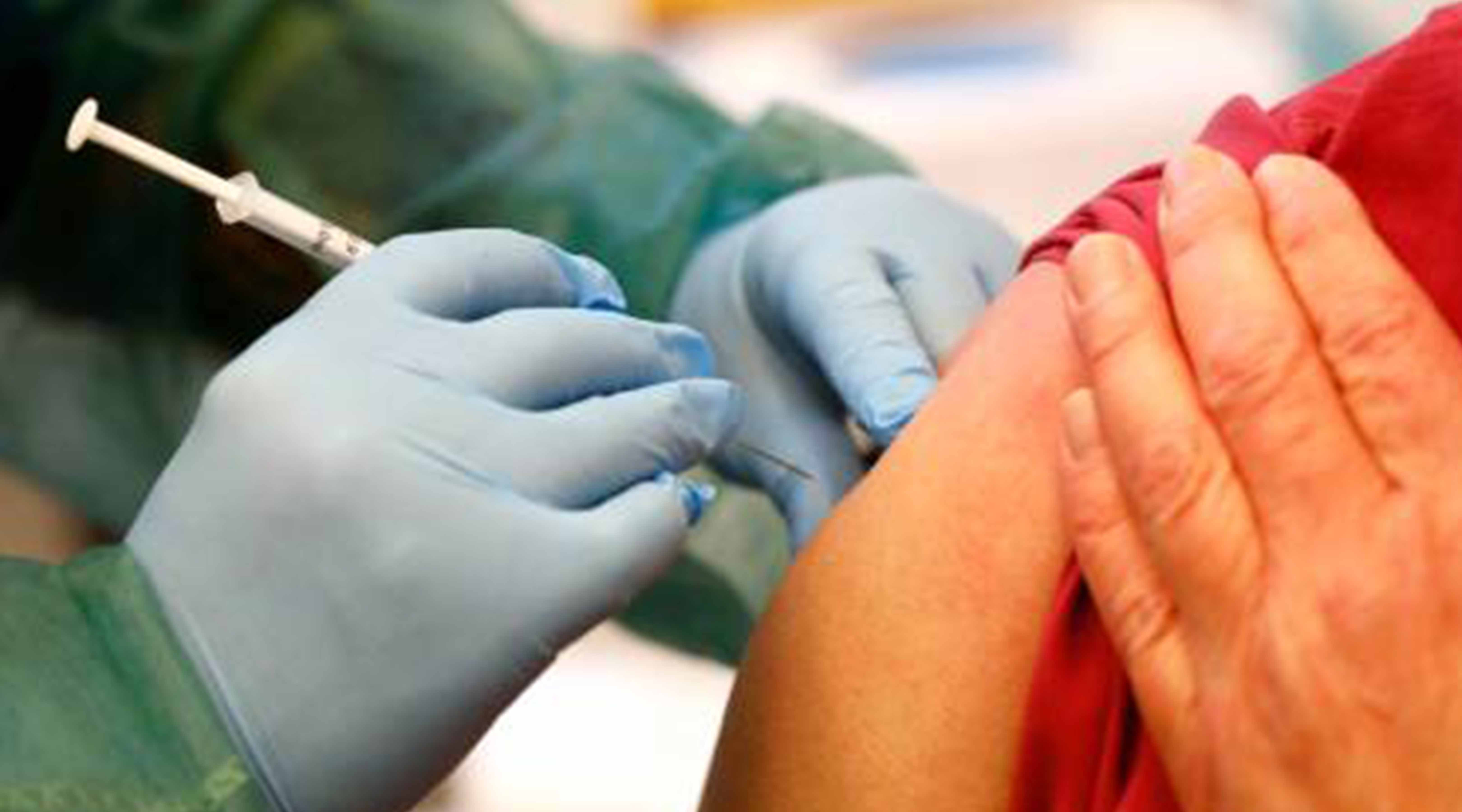Many people who did not want to be vaccinated against the corona virus in November do now. This is partly because vaccinations appear to work, people fear that there is no way to go without a vaccine or social pressure. AD and EenVandaag report after a joint investigation.
In November, 28 percent indicated that they certainly did not or probably did not want to be vaccinated against corona. That has now decreased to 13 percent.
One of the respondents, who initially did not want a vaccine but now does, indicates that admissions to the hospital are declining. “So it works,” said the research participant. Some of the original refusers would also indicate that they feel that less disinformation about vaccines is shared on social media, while better information is being replaced. For example, one participant in the study indicated that he first had doubts by all kinds of stories on social media, but had now stopped using social media for months and sought advice from a doctor and friends.
Furthermore, people who previously would refuse, but now do want to, state that they want to return to the old normal. For example, one of them says that he is a bit double in it, but has done it anyway, especially to be able to go on holiday again or to visit a festival or concert. Initial opponents also say that they feel pressure from their own environment. For example, someone argues that the social pressure in their own environment was too great. “I was in danger of becoming a pariah if I did not participate and I am quite disappointed”, EenVandaag and AD noted with this original refuser. Respondents also stated that they objected to AstraZeneca, but often indicated that they would like to receive the vaccine from Pfizer or Janssen.
Just under 26,000 members of the EenVandaag Opinion panel participated in the panel survey held on Monday and Tuesday. About 700 of those who said they did not want a vaccine but have since changed their mind were asked why.
By: ANP
–

:quality(80)/cdn-kiosk-api.telegraaf.nl/96dadacc-be4a-11eb-8e80-0255c322e81b.jpg)
